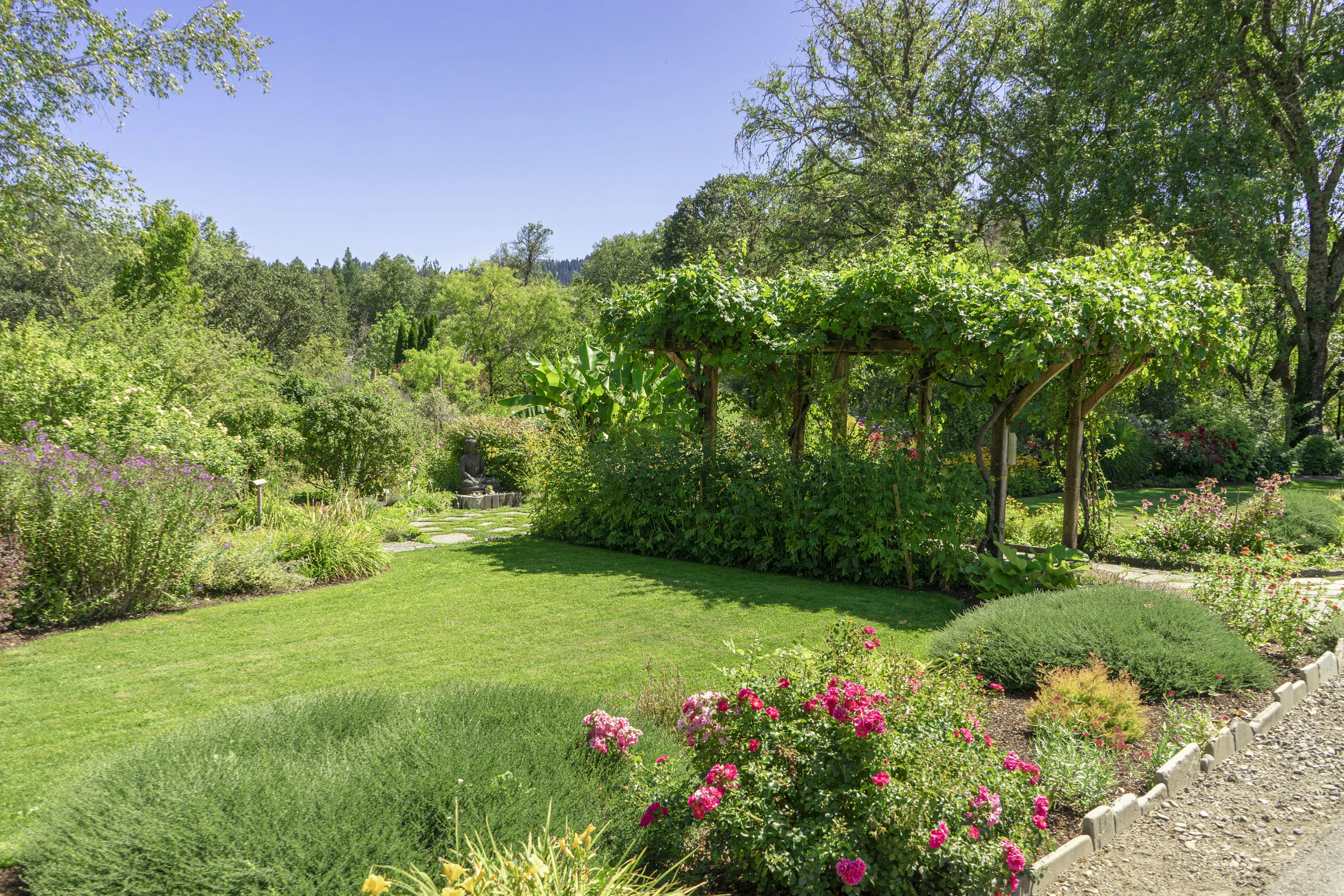The herb pharm
Founded in 1979, the Herb Pharm grows a wide variety of herbs for tinctures. As the farm grew, they began planting new species allowing for more crop diversity. With the vast array of herbs and flowers, they are uniquely equipped to provide much needed habitat for native bees. By providing bee forage that blooms from spring to early winter, Herb Pharm is able to support a broad array of pollinator species.
Crops
Echinacea, lavender, rosemary and over 60 other various herbs
Farmers Markets/Retailers
Various grocery stores nationwide, online direct sales
Location
Williams, Oregon
Established in
1979
Walking through a field of Goldenrod searching for pollinators.
WHAT ARE THEY DOING FOR BEES?
With 68 varieties of herbs and over 500 species of flowering plants, The Herb Pharm provides a large and diverse array of forage for pollinators from early spring to mid fall. A little land goes a long way due to the potency of herbs. Herb Pharm’s fields consist mainly of small plots of less than one acre. This greatly increases field edges, which provides more buffers between field and native habitat for pollinators. Many bees nest on habitat located on field edges, so the smaller plots shorten the trips bees take from their nests to blooming plants in the fields. The Herb Pharm encourages farms to provide habitat among their fields for nesting bees. Specifically, increasing on-farm plant diversity will attract new pollinators to farms and enhance pollen and nectar availability throughout the growing season. Matt states, “By having a high diversity of field crops, it means that there is always a good food source for the pollinators. Another part of that is you need habitat too. It’s important to restore the native habitat and build habitat in and near the field.”
The Herb Pharm does not use any pesticides. To combat pests, Matt and his crew do a wide range of things. They grow complimenting plants, select seed they find is more resilient, and they plant cover crops such as clover to improve soil health and reduce weed pressure. Clover flowers are an excellent source of pollen and nectar for long-tongued bee species such as bumble bees and leafcutting bees. “We like to relying on natural systems, crop rotation, and plant selection for resistance. We try working with nature to solve the problems on the farm.”
With more than 500 unique species, the Herb Pharm’s botanical gardens contain a wide range of habitat for pollinators.
They also grow plants for United Plant Saver, a non-profit organization whose mission it is to protect native medicinal plants of the United States. According to Sayaka, “They are concerned about native plants that are at risk of over-harvesting. We grow a few of those plants and my favorite is False Unicorn (Chamaelirium luteum) which has medicinal properties. They seem to flower less frequently and oftentimes it will take 6 to 7 years to see their first bloom. Luckily, I’ve been able to cultivate some and will collect seeds to grow more.” Matt chimes in, “It’s a long-term investment. Here we do not just want to grow plants. We want to truly be involved with the entire process- generation to generation. Selecting certain individuals, saving the seed, and seeing the plants grow generation to generation- they begin to look familiar, like your family.”
By creating habitat for bees, the Herb Pharm is able to maintain a strong pollinator population.
meet the farmers
The Herb Pharm is a collection of three farms located in Southern Oregon. Founded by Ed Smith and Sarah Katz, their farm has grown substantially over the past 40 years. Today they grow their herbs over 250 certified organic acres.
Farm Manager, Matt Dybala began his career at Herb Pharm in 2007. Since then he has been busy teaching people how to incorporate environmental stewardship into farming. He has also been working with pollinators in one form or another since 2007, even keeping bees for a number of years. In regards to farming Matt states, “We all work together here. Even the pollinators. They’ll work alongside you every day. If you create the right habitat, use the right farming techniques, you get to experience all these different pollinators. It makes for a rich experience.”
Originally from Japan, Sayaka Lean studied horticulture in England with a garden design emphasis. She continued her horticultural studies at Ohio State University, which eventually resulted in an apprenticeship opportunity in the United States. From there, Sayaka permanently moved to Oregon and accepted a position as a landscaper at Herb Pharm, where she has been working since 2003. She has recently joined the Oregon Bee Atlas, which is part of the Oregon Bee Project. Sayaka enjoys the pollinator events they host on the farm, where they focused on broadening community knowledge and understanding. “Most people do not know much about native bees. So I like to be an educator. Working as a landscaper at this garden, there is so much diversity to share with people. I want this farm to be educational to the public.”
Sayaka Lean and Matt Dybala.





